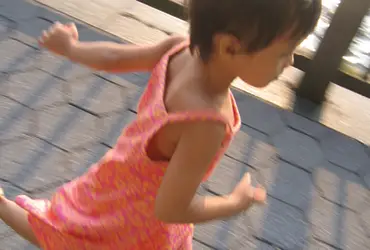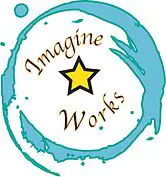
You Love Me Too, Mamma?: An Adoption Story
Get kid-friendly activities sent to you!
Get the Best Family Activities
She spent four years in an orphanage. We knew there would be developmental delays. What caught us off guard was having a 4-year-old and a toddler rolled into one. Fiercely independent—she dressed herself, ate with chopsticks, kicked a soccer ball like nobody’s business—she wanted to explore her new world. But her language delays, even in her native Vietnamese, made her easily frustrated, given to tantrums, often throwing herself down in the middle of Broadway when things didn’t go her way.
At school and in speech therapy, she was resilient and hard-working. An Eliza Doolittle transforming rough-hewn Vietnamese into intelligible English. At home she was a tyrant—stubborn, manipulative, a drama queen. Playdates were a challenge. With limited language skills, sharing was hard to negotiate. One moment, she’d be happily playing or singing Vietnamese songs. The next she’d be dazed, staring into space. Some days she’d wake up crying with a faraway look in her eyes. Others, she’d regale us with her lusty laugh and irreverent antics.
I became short-tempered and irritable, not just with her, but with my husband and son as well. After one grueling day my son looked at me forlornly and lamented, “She’s not as much fun as I thought she’d be, Mom. Can’t we send her back? She’s killing us.” Secretly I had to agree. I was guilt-stricken that love wouldn’t come. I wasn’t a mother; I was a drill sergeant. Exhausted and depressed, I felt shut out from the rest of the world.
She began to look like a regular New Yorker. Crossing Broadway in polka-dot sunglasses, pigtails bouncing, she’d wave and blow kisses to everyone from gray-haired ladies to guys whistling at her from motorcycles.
“I love you!” she’d tell her Dad. And the taxi driver, too. When we’d go out to eat, she’d enjoy embarrassing me with wicked parodies of my most unflattering self. “Don’t you ever, ever, do that!” she’d rant in her Vietnamese accent, finger wagging crossly, just like mine. The speech therapy was beginning to pay off.
One day, at home with a cup of tea, I felt her hand on my arm, her eyes full of concern. “Mamma, you tired?” Her empathy was disarming. In that moment, she stole my heart.
Our son still won’t admit to liking his sister, but will ask, “Mamma, can she sleep in my bed tonight?” and I let them giggle longer than I should before reminding them that it’s way past their bedtime.
The other morning, my son climbed into my bed to cuddle. “I love you sweetheart” came naturally from my lips. My daughter stood spying on us in the doorway. “You love me too, Mamma?” she whispered. I invited her in and told her I did.





